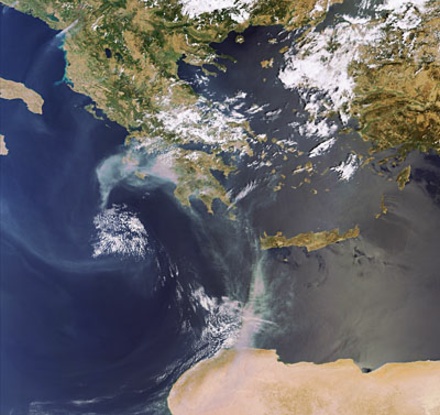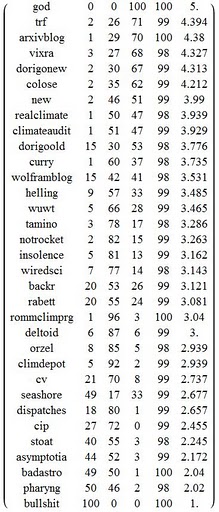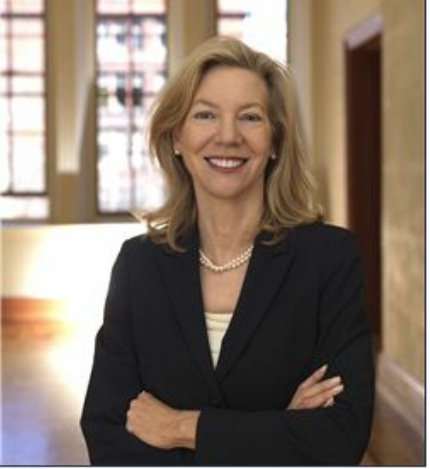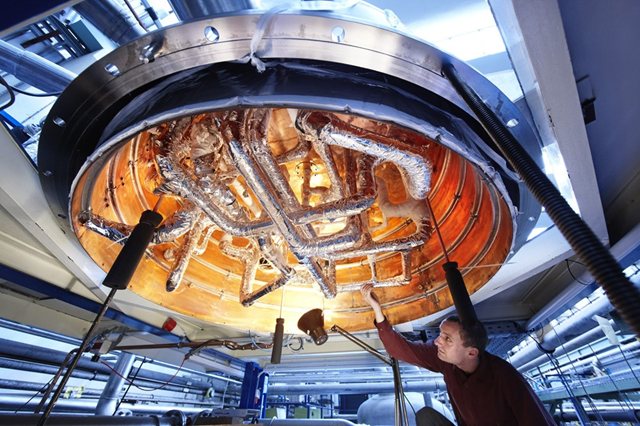Oh no, not again. When I was young the buzz was about the coming Ice Age - and it was common sense. Since 90,000 out of every 100,000 years of human history have been Ice Ages and it's been 12,000 years since the last one, logically we have been overdue.
But simple physics says that when you add more people and more pollution to a finite space things will get warmer so warming is a lot more likely than cooling.
The American chestnut tree (Castanea dentata) was once among the most culturally and economically important trees in the eastern United States but in the last century more than four billion trees were lost due to chestnut blight.
Along with the hardwood the trees provided, the chestnut was important for both humans and livestock - not only eaten, chestnuts were a cash crop for people in the Appalachians because street vendors in big cities sold them fresh-roasted to passers by. It's in The Christmas Song!
On his Reference Frame site, contrarian physicist Luboš Motl uses Google to determine the 'reading level' of some science blogs, with, he says,
"Basic" being 1 star, "intermediate" 3 stars and "advanced" counted by having 5 stars.
Martin Gaskell did not get a job as the director of a new student observatory at the University of Kentucky and says he thinks his religion is behind it.
So for all those who say academia is too politically correct, take heart - if this is true, academics can be bigots just like anyone else, at least as long as it's a Christian being denied rights.
One member of the hiring board described his qualifications as "breathtakingly above the other applicants" but there are lots of things that go into hiring so that can't be the only factor and if it turns out to be other issues, that is okay. Yet it looks bad, since apparently others worried his being a Christian would conflict with his science.
It's rare that a government commission won't take the opportunity to increase its authority and its importance. It's good job security and makes people feel relevant, even if it's not only unnecessary but being resisted by virtually everyone outside the commission,
like in the case of the FCC trying to take over the Internet.
Yet
The Presidential Commission for the Study of Bioethical Issues, created by executive order in 2009, released its report on synthetic biology yesterday and said, just this once, things are okay without more rules.
It's become so commonplace for large science endeavors to be over budget and long-delayed that both budgets and time frames seem almost meaningless. The
James Webb Space Telescope might as well just be issued blank checks and, in Europe, the
ITER nuclear fusion reactor project is making the overruns and delays of even the LHC look modest.
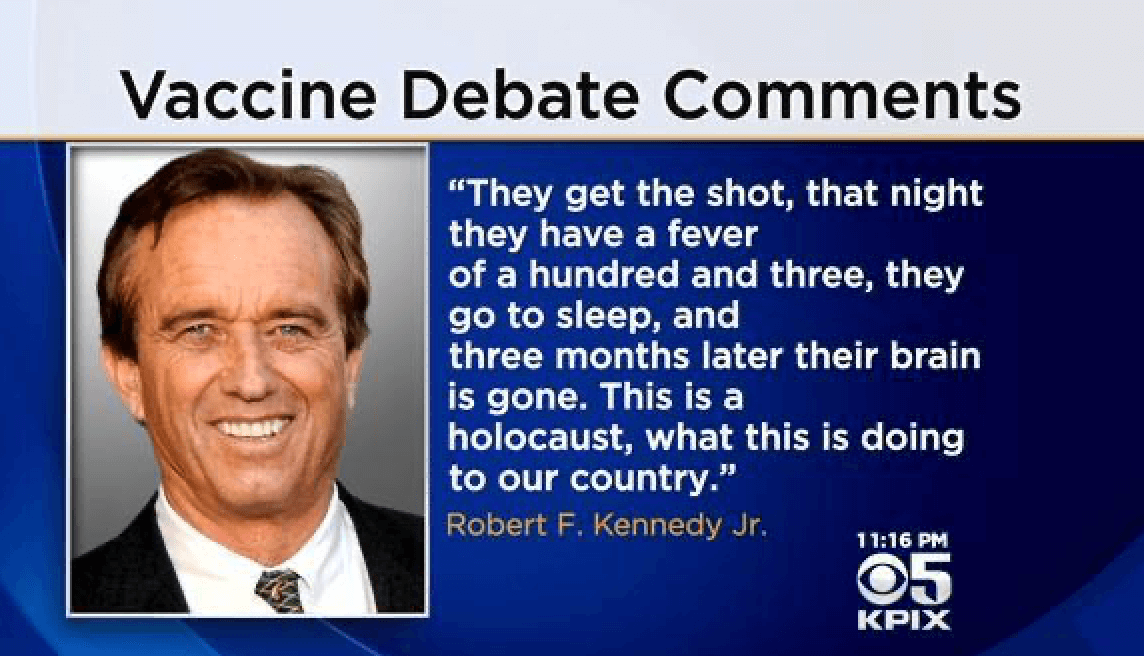 If A Weedkiller Turned You Gay, We'd Like To Interview You
If A Weedkiller Turned You Gay, We'd Like To Interview You Study Says Gen X Is 'Biologically Aging' Faster Than Boomers
Study Says Gen X Is 'Biologically Aging' Faster Than Boomers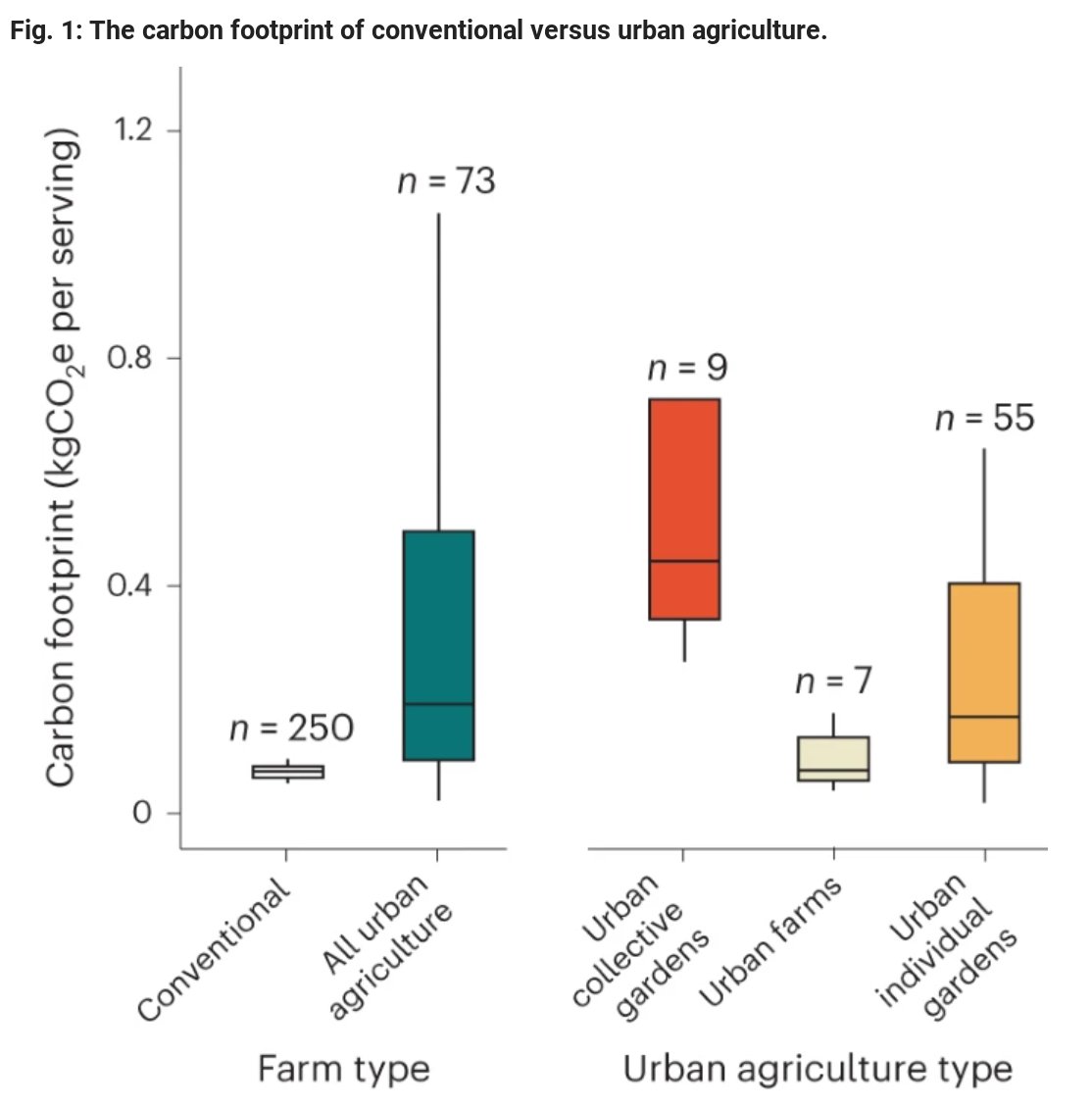 If You Care About Emissions, Rethink Urban Agriculture
If You Care About Emissions, Rethink Urban Agriculture 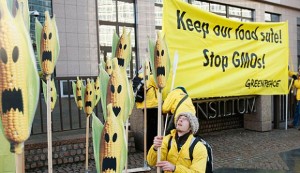 Can World Hunger Ever Be Eliminated? Not Using Europe Or The UN
Can World Hunger Ever Be Eliminated? Not Using Europe Or The UN



